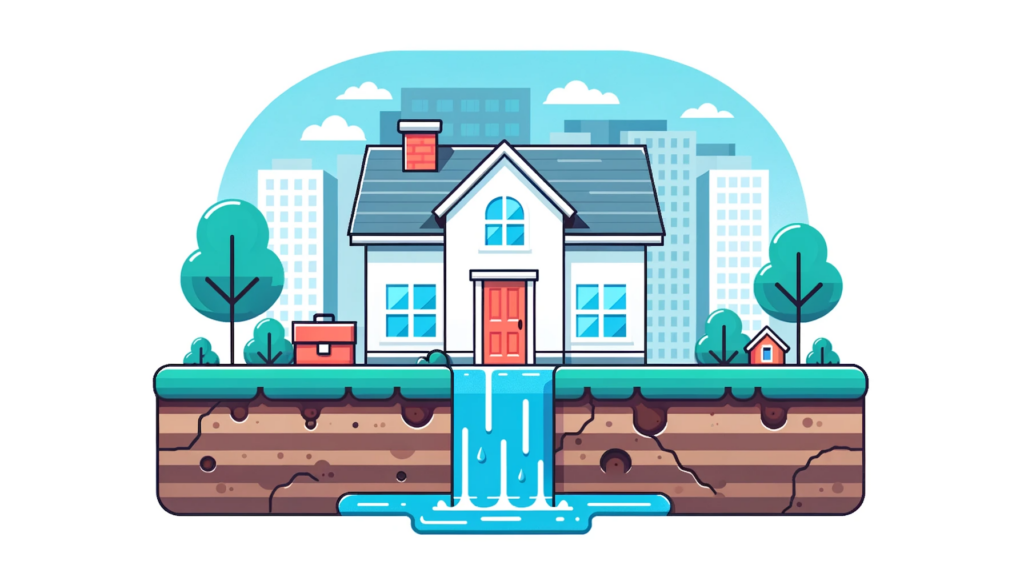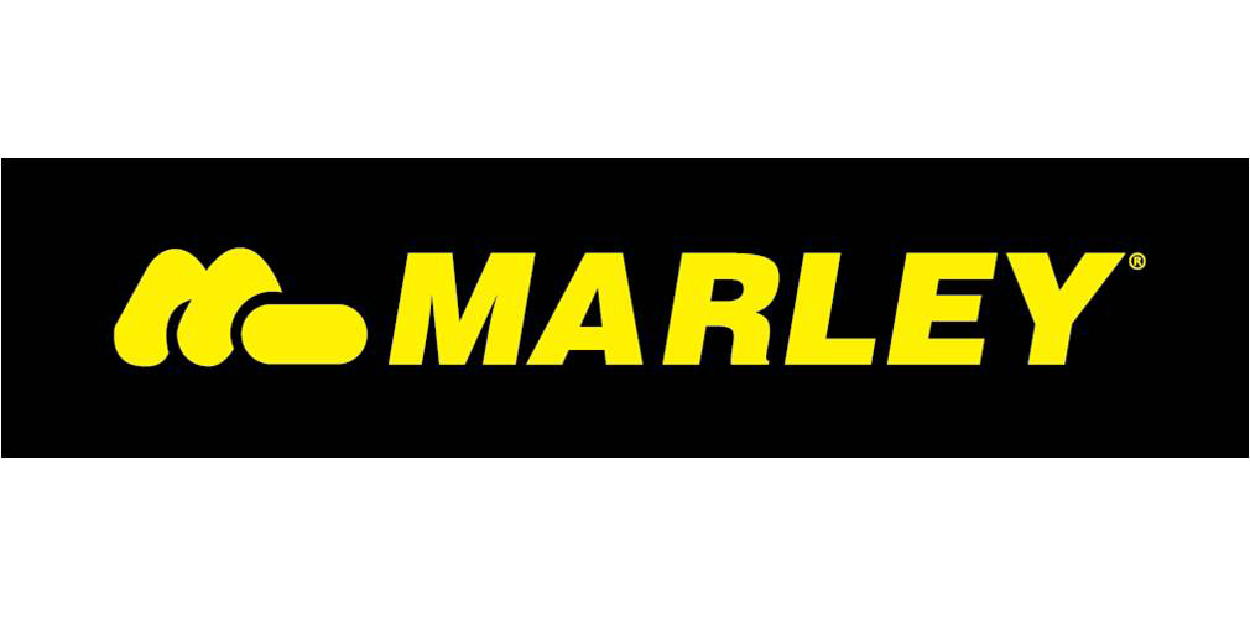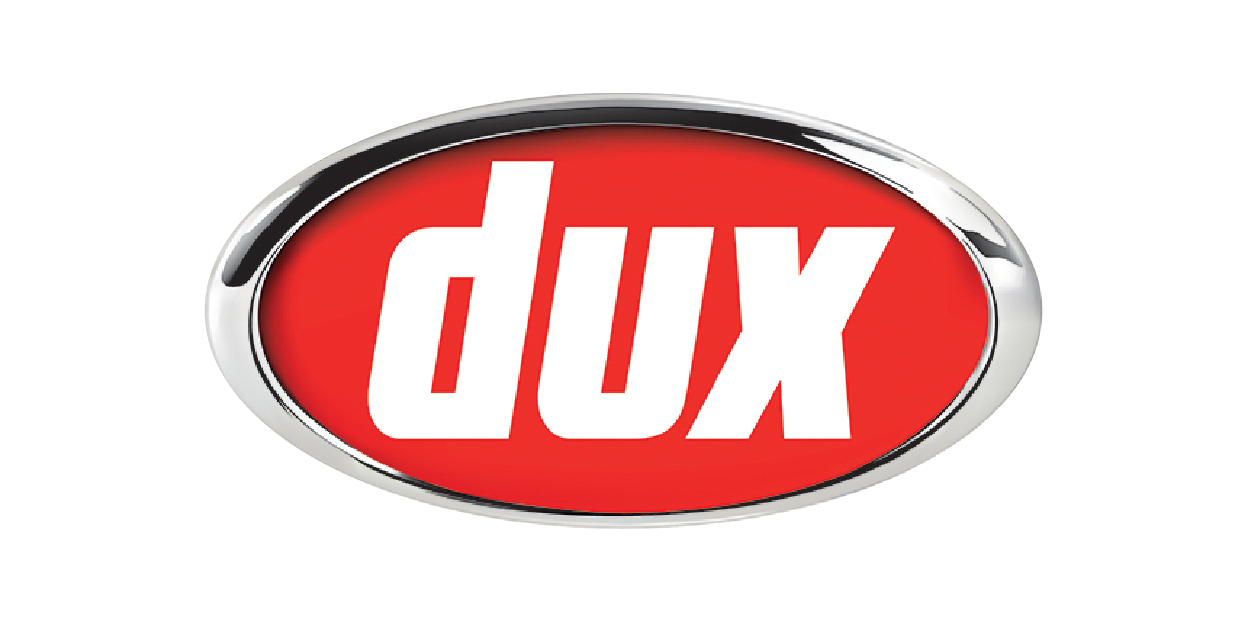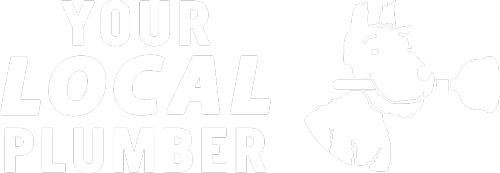
Call Today 09 973 4973 or
Scope of Emergency Gas Repair Services
Emergency gas repair services encompass a wide range of urgent interventions, including:
- Leak Repairs: Immediate response to gas leaks in pipelines, appliances, and connections to prevent accidents and ensure safety.
- Appliance Malfunctions: Addressing failures in gas appliances that could lead to unsafe conditions, including the risk of carbon monoxide poisoning.
- Pipeline Damage: Repairing or replacing damaged sections of gas pipelines that may result from external factors like construction, natural events, or wear and tear over time.
Importance of Emergency Gas Repair Services
The critical nature of these services lies in their ability to swiftly mitigate hazards associated with gas systems. Quick and effective repairs help:
- Prevent potential disasters such as fires or explosions.
- Minimise health risks associated with gas leaks and carbon monoxide exposure.
- Ensure the continuity of gas supply for heating, cooking, and other essential uses.
Accessing Emergency Gas Repair Services
- Emergency Contact Information: It’s vital for property owners and managers to have readily available contact information for their gas service provider’s emergency hotline and local licensed gasfitters offering emergency services.
- Awareness and Training: All occupants of a property should be aware of how to recognise a gas emergency and the steps to take, including whom to call for emergency repairs.
- Preventive Measures: Implementing a robust system of regular maintenance and inspections can significantly reduce the likelihood of emergencies. However, knowing how to quickly access repair services when needed is an essential part of emergency preparedness.
Preventive Maintenance and Safety Education
Beyond emergency repairs, preventive maintenance plays a crucial role in ensuring gas system safety. Regular inspections by licensed professionals can identify and rectify potential issues before they escalate into emergencies. Additionally, educating all users of the gas system on safe practices, recognizing signs of gas leaks, and understanding the importance of immediate action can prevent accidents and enhance safety.
Emergency gas repair services are a vital component of a comprehensive approach to gas safety. By combining quick access to these services with preventive maintenance and education, property owners and managers can create a safer environment for everyone involved.
Establishing Preventive Maintenance Schedules
A preventive maintenance schedule is essential for the longevity and safety of gas systems. This schedule should include:
- Annual Inspections: Have all gas appliances, connections, and pipelines inspected at least once a year by a licensed gasfitter. These inspections can identify potential issues, such as minor leaks or wear and tear, that could escalate into serious problems if left unaddressed.
- Regular Servicing: Follow the manufacturer’s guidelines for servicing gas appliances. This often involves cleaning, checking for gas leaks, ensuring proper ventilation, and verifying that safety mechanisms are functioning correctly.
- Immediate Repairs: Address any issues identified during inspections or servicing immediately. Delaying repairs can lead to dangerous situations and potentially costly damage.
Improving Emergency Preparedness
Being prepared for a gas emergency involves more than just knowing how to contact emergency repair services. Consider these steps to enhance preparedness:
- Emergency Action Plan: Develop a clear action plan for gas emergencies, including gas leaks and carbon monoxide alarms. This plan should outline steps for safely evacuating the area, shutting off the gas supply if possible, and contacting emergency services.
- Training and Drills: Regularly train all household members or building occupants on the emergency action plan. Conduct drills to ensure everyone knows how to respond quickly and safely in an emergency.
- Emergency Contact List: Keep a list of emergency contact numbers, including the gas utility provider, emergency services, and a trusted licensed gasfitter, in a readily accessible location.
Leveraging Technology for Gas Safety
Advancements in technology offer new tools for enhancing gas safety:
- Smart Gas Detectors: Install smart gas detectors that can alert you to leaks via loud alarms and send notifications to your smartphone, even when you’re away from home or the office.
- Automated Shut-off Systems: Consider systems that automatically shut off the gas supply when a leak is detected, minimising the risk of gas accumulation and potential accidents.
- Remote Monitoring: Use technology that allows for the remote monitoring of gas appliances and systems. This can help identify issues early and facilitate quick responses to potential emergencies.
Ongoing Education and Awareness
Continual education on gas safety is vital for all users of gas systems. This includes:
- Regular Updates: Keep up with the latest gas safety guidelines and share this information with all relevant parties. New safety devices, changes in regulations, or emerging best practices can significantly impact safety protocols.
- Safety Information Access: Make gas safety manuals, emergency procedures, and educational materials easily accessible. Consider hosting informational sessions or workshops periodically.
Suppliers




